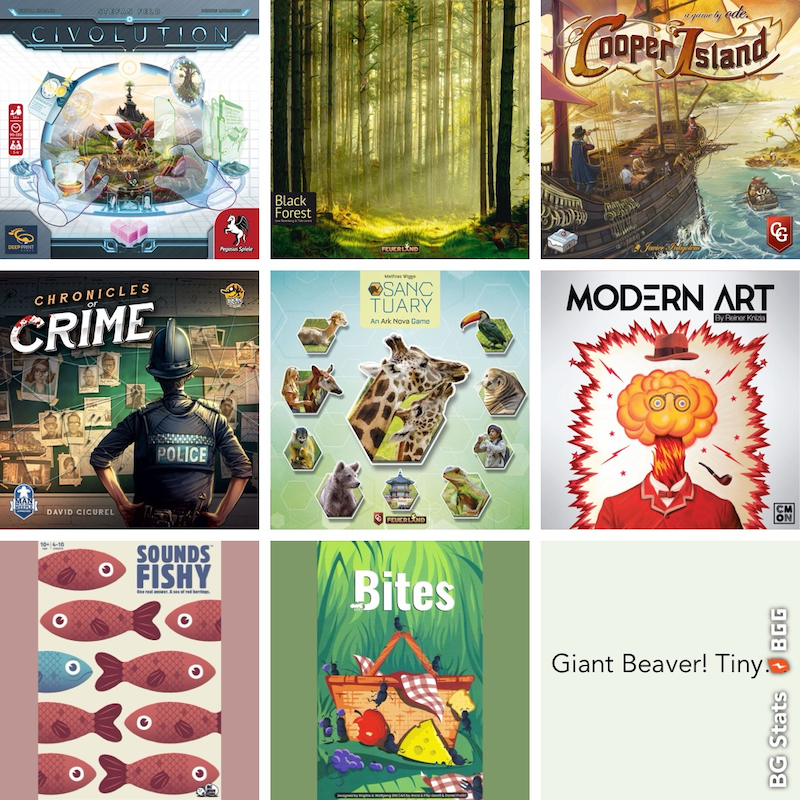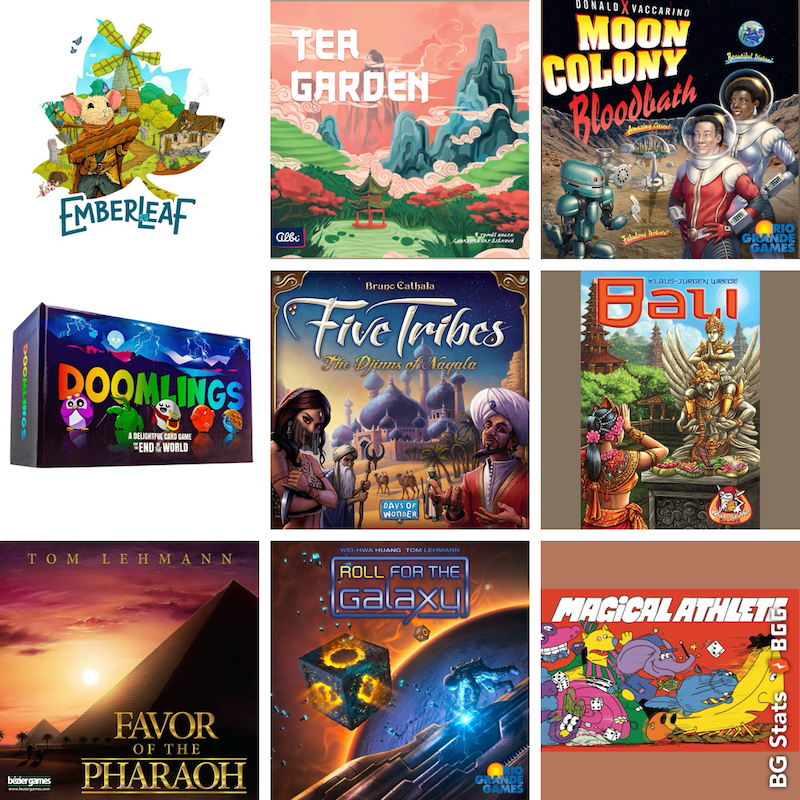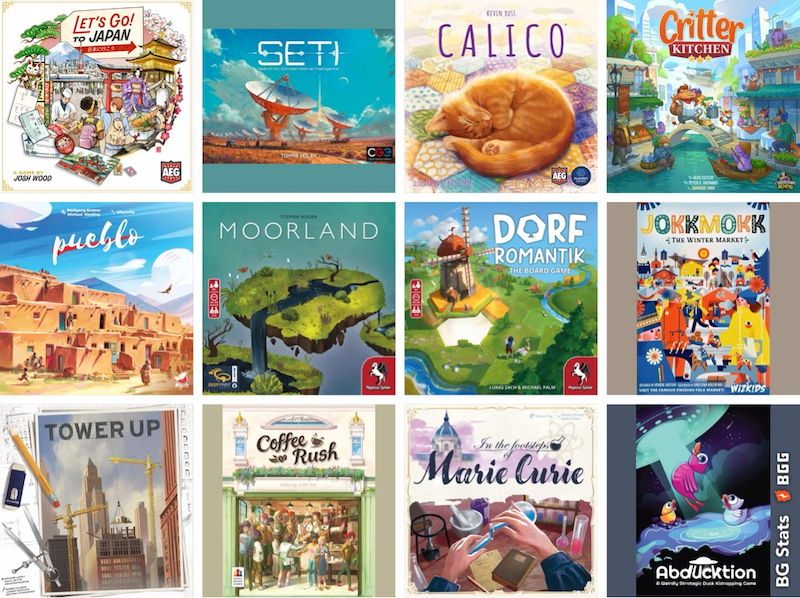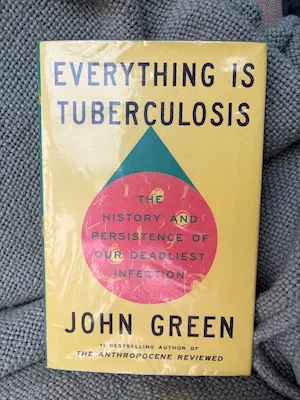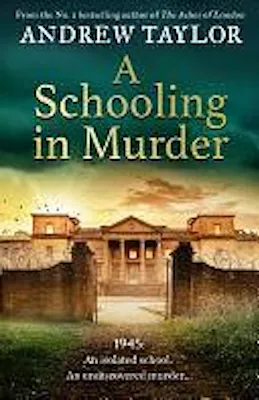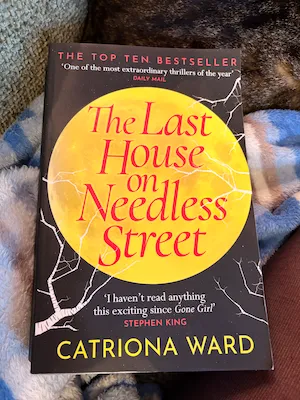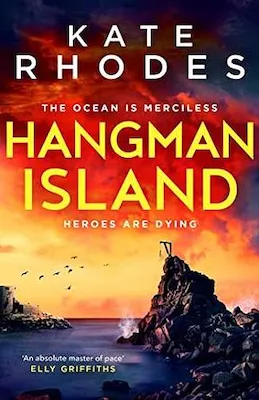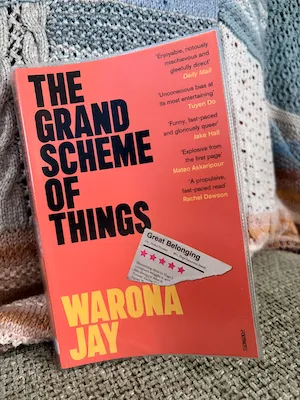Murder on the Orient Express
by Agatha Christie
Monday, October 21, 2002

[Comments taken from a mailing list discussion. They are out of context and do contain spoilers.]
[first christie? comparisons to others?]
Nope, like many other discussers have already said I first read Christie as a young teenager and I’ve been reading her on and off ever since. There’s still a million of her books that I haven’t read. Murder on the Orient Express was definitely one of the first (probably the first actually) of her books that I picked up and the unusual plot gripped me and has stayed with me ever since though the details have gone from my mind entirely. I didn’t know the twist at the time and I thought the story was wonderfully clever.
[Part I]‘s as far as I’ve got so far. I’m enjoying seeing bits of the story to come revealing themselves to me.
Since it was the first Christie I read it’s the one that conceived my notions of her writing so it fits them exactly ;-)
I think it’s one of the best. I prefer the Poirot stories to the Miss Marple ones and I like this book, the Roger Ackroyd one and Peril at End House for the way they break the rules of detective fiction.
It’s going pretty much as I remembered so far.
The plot twist is the bit that stayed with me most, I remember loving the on the train setting but the characters are all new to me again.
[satire? cozy? the plot?]
To be honest I didn’t really feel this book was especially satirical or tongue-in-cheek. It had plenty of humour and the characters were mostly total stereotypes but I didn’t see the satire. Perhaps I’m mising something.
I don’t think of Christie as a cozy writer either, I think she’s writing in a time period before divisions like cozy/hardboiled existed and at the time this book was written she was pretty much making up the rules of the genre herself.
I can’t really comment on what I expected of the plot as this read around I knew what the conclusion was. I do remember being spectacularly impressed by the plot as a teenager. The three part structure of the book (crime, interviews, denouement) is exactly what I expect of Christie but I expect that’s because I got my ideas of what to expect of Christie from this book as it’s not a layout that she always
[realistic characters?]
No, not really, I think most everybody in this book, good guys and bad guys, was a shallow stereotype but I think that it was necessary for them to be so. If the characters had been more three dimensional then to have got the full juries worth into the book would have required a blockbuster brick of a novel, after 200 pages a trick ending pleases the reader but after several hundred more pages I think the book would be denting walls around the world. Plus Christie needs to conceal many details about her characters to have the trick plot work. To flesh these people out without revealing their connections would be pretty much impossible.
I didn’t really find as much offensive in this book as I have done in others from the same time period. All of the characters are caricatures, the British as much as any of the other nationalities, no ethnicity seemed to be degraded that much more than any other.
I don’t feel they were real enough to imagine them having a life outside the book where I could meet them.
I haven’t seen any Poirot films so I can only go on what I gather from the books to imagine Poirot. To me he’s very short and small with an oversized head full of little grey cells, a huge twirly moustache and he’s very vain and neatly dressed in a very smart three piece suit from Paris. There’s not much I like about him as a person but I enjoy his deductive skills all the same.
I don’t think he’d be that much different today. He’s considered rather odd by his contemporaries anyway so I think he’d just be pretty much as is but even more of an eccentric in today’s world.
